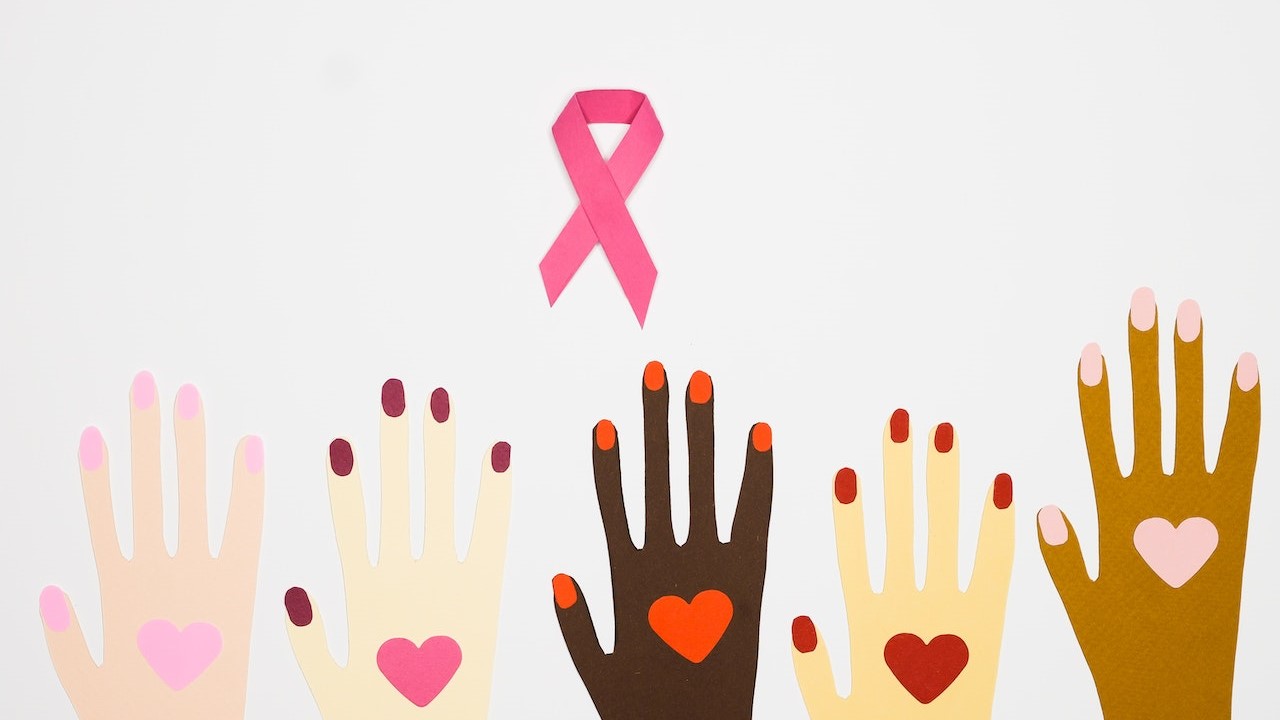Follow up Care After Breast Cancer Treatment

Photo by Alexey Demidov under Pexels License
End of Treatment Doesn’t Mean You’re Completely Cancer-Free
If you’re a breast cancer patient who’s just completed your treatment regimen, you still need to stay in touch with your cancer care team. You will need to schedule follow-up appointments with them.
During these visits, your oncologist will ask you about any problems that you might be experiencing. They may also examine you. Although lab and imaging tests aren’t necessary after treatment of early-stage breast cancer, your doctor would look for possible new signs of cancer or side effects of your treatment.
You and your oncologist will need to work closely to develop a personalized follow-up care plan. This may include regular physical examinations and medical tests to monitor your progress and identify possible problems. You might want to prepare a list of questions for your doctor so you can better understand your recovery plan.
When to Set an Appointment
Patients are usually advised to visit their doctor every three months for the first two years after finishing breast cancer treatment. During years 3 to 5, they should have their appointments every six months, and then yearly for the rest of their lives. Your schedules will be based on your diagnosis.
Watch Out for Breast Cancer Recurrence
Unfortunately, just because you’re done with treatment doesn’t mean that you’re completely cancer-free for the rest of your life. There’s still a possibility that your breast cancer might return months or years later. Because of this, your oncologist will instruct you to have a check-up at least once a month to watch out for a recurrence.
If you encounter any of the symptoms listed below, be sure that you report them to your doctor, as they can be signs of a recurrence:
- New lumps in your breast or chest
- Changes in the size or shape of the breast
- Swelling in the breast or arm
- Skin changes or rashes on the breast
- Sudden weight loss
- Constant pain that cannot be relieved by over-the-counter medication
- Shortness of breath
- Poor appetite
- Changes in vision
- Feeling tired most of the time
- Bone fractures or pain
- Persistent abdominal pain
Mammography
Getting an annual mammogram is another integral part of your follow-up care. You should have a mammogram a year after the mammogram that led to your diagnosis. If you had radiation therapy, however, you’ll need to wait six months following your last treatment.
After your first post-treatment mammogram, your doctor will likely advise you to undergo a mammography every year. Whether it will be done on the affected breast or both breasts will depend on the type of surgery you had.
Bone Density Testing
Your doctor will require you to monitor your bone health or undergo bone density testing if you’re taking an aromatase inhibitor to treat early-stage breast cancer. This test may also be required if you’re going through menopause that resulted from your treatment.
Pelvic Exams
Annual pelvic exams are recommended for women who are taking either of two hormone drugs, toremifene and tamoxifen, and who still have intact uteri. Both of these drugs can increase the risk of uterine cancer, with menopausal women having the highest risk. If you notice any unusual vaginal bleeding, you should report this right away to your oncologist.
General Recommendations
Regardless of the type of treatment done to them, women recovering from breast cancer should follow these guidelines to improve their overall health:
- Be physically active for at least 75 minutes of strenuous or 150 minutes of moderate activity every week.
- Include strength training in their workout program at least twice in a week, especially if they had chemo or hormone therapy.
- Focus on healthy eating. Choose whole grains, fruits, veggies, and legumes. Say no to sugary, processed, and fatty food.
- Quit smoking and limit alcohol consumption to at least one drink per day.
- Avoid stress as much as possible. Learn productive ways to deal with it.
Show Breast Cancer Patients You Care

Photo by Nadezhda Moryak under Pexels License
Got an old and rusty car that you don’t drive anymore? Instead of having it occupy a huge space in your garage, how about getting rid of it for a good cause? Donate it to us at Breast Cancer Car Donations to support your community’s needy breast cancer victims.
We convert donated vehicles into life-saving instruments for breast cancer patients, particularly those who have little means to pay for the cost of their treatment. We will sell your automobile at an auction and use the proceeds to support the critical programs of our breast cancer-focused nonprofit partners.
The funding will help them deliver a range of breast health services for their beneficiaries, providing them easy access to medical facilities that offer screening, diagnosis, and full treatment.
As our donor, you’ll receive valuable rewards. We’ll mail you a 100% tax-deductible sales receipt several days after we auction off your donation. With this receipt, you can claim your maximized tax deduction in the next tax season.
We’ll also tow your car away at your preferred date, time, and place, and we won’t be charging you a single dollar! We’ll deliver this service to you wherever you’re residing in the United States.
On top of these material benefits, you’ll also get to experience the priceless joy and satisfaction of giving away something that will be used to help save precious human lives.
For more information, check out our FAQ page. If you have any concerns or questions for us, feel free to call us anytime at our toll-free hotline 866-540-5069 or you may leave us a message here.
Help Save Lives Today!
Are you ready to give up your unneeded car to support our life-saving mission? Allow us to turn your clunker into a potent weapon against breast cancer! Call Breast Cancer Car Donations at 866-540-5069 today or fill out our online donation form now!
Last Updated: March 10th, 2023
